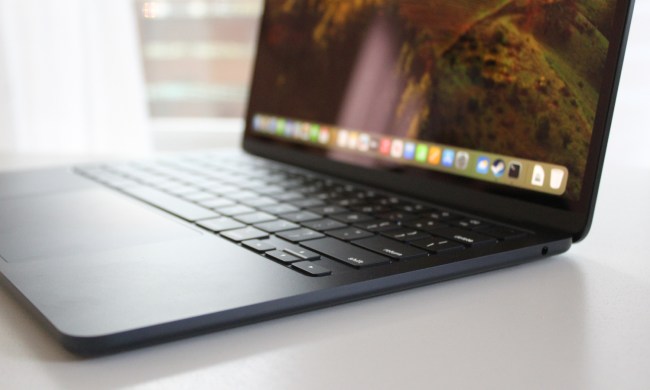
Whoever said nothing good could ever come from video games was dead wrong. Just over seven months after Sony’s PlayStation 3 became able to process data for the Folding@home distributed computing network, the gaming platform’s contributions have helped make it the most powerful distributed computing network in the world.
The Guinness Book of World Records recognizes that the record was set on September 16, 2007, when Folding@home achieved one petaflop of combined processing power, which no distributed computing network has ever hit before. While both PCs and PS3s contributed to the record, around 200,000 PCs on the networks likely contributed about a quarter of the computing horsepower. The rest came from 670,000 PS3 users.
Folding@home uses idle processor cycles to analyze data from researchers. Their studies focus on the way that proteins fold, which they hope could lead to breakthroughs in the treatment of various diseases, including Alzheimer’s, Hunntington’s, and Osteogenesis Imperfecta.



